(ECNS) – The death toll from the devastating earthquake that struck Myanmar has risen to 3,471, with 4,671 injuries, and 214 missing, according to The Mirror on Sunday. The third batch of emergency humanitarian relief supplies from the Chinese government arrived in Myanmar on Saturday and was promptly delivered to the disaster areas, the Chinese Embassy in Myanmar confirmed.
Rescue efforts by both local and international organizations have so far saved 653 trapped survivors and recovered 682 bodies from the rubble, but heavy rainfall in the quake-affected regions, including Mandalay, is complicating rescue operations.
On-site rescue teams warned that the combination of rain and high temperatures could hinder rescue operations and increase the risk of disease outbreaks such as cholera.
UN Under-Secretary-General for Humanitarian Affairs and Emergency Relief Coordinator Tom Fletcher stated on social media that many people in the affected areas are still living in the open amid rubble and are exposed to the threat of aftershocks. He stressed the urgent need to provide tents for the displaced population.
Fletcher emphasized that strong and coordinated humanitarian efforts are key to saving more lives.
The Chinese Embassy in Myanmar reported that the third batch of emergency humanitarian aid provided by the Chinese government arrived at Yangon International Airport at 12:15 p.m. local time on Saturday. The shipment includes 1,048 sets of water purification equipment, 10,000 mosquito nets, 15,000 first aid kits, and 400 large tents, all of which were dispatched to the disaster zones the same day.
Chinese medical rescue teams have been working in the affected areas, coordinating with local medical staff to provide consultations, disease prevention services, and epidemic control efforts in places such as Mandalay and Nay Pyi Taw.
China International Rescue Team, composed in part of Chinese military personnel, has partnered with teams from Hong Kong SAR, Shenzhen, and other organizations to establish temporary medical relief stations at shelters for affected residents in Mandalay. These stations have offered basic medical services, including consultations, checkups, wound care, and distribution of medicine, as well as health education.
The Yunnan medical rescue team has also been operating in two hospitals and three shelter sites in Nay Pyi Taw, providing medical consultations and donating equipment, pharmaceuticals, and epidemic control supplies.
In remote areas of Mandalay, a Chinese civilian medical team has set up small-scale medical stations and launched a "mobile pharmacy" using specially outfitted buses.
(By Zhao Li)








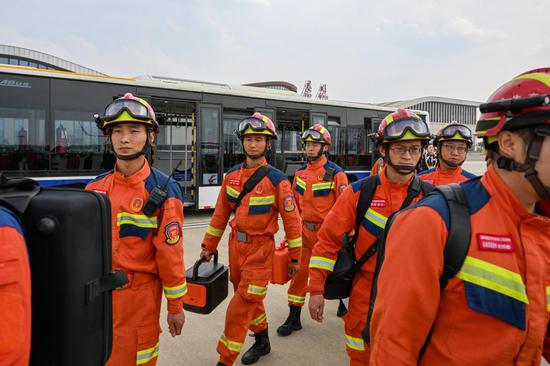
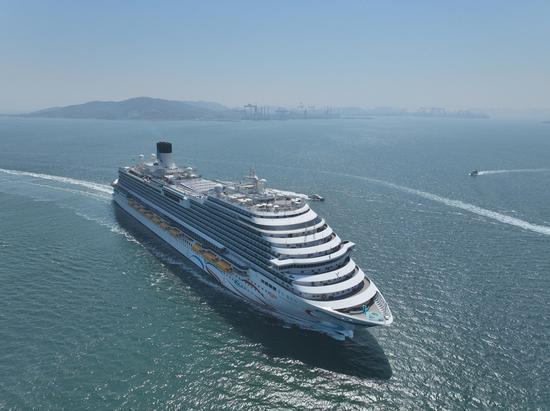
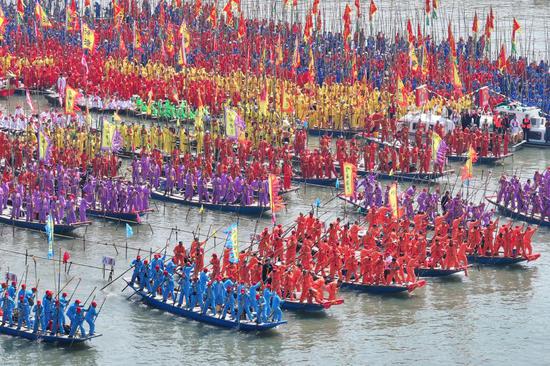

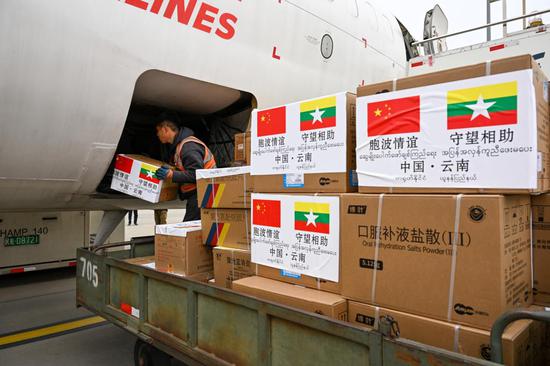


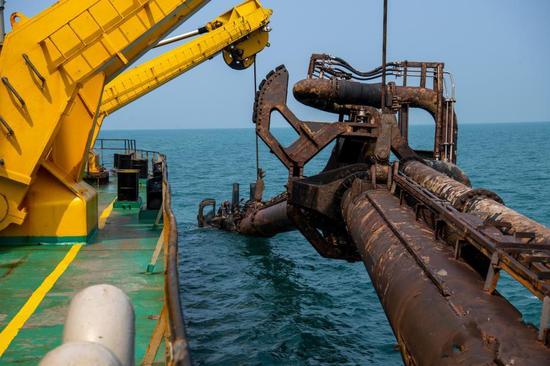
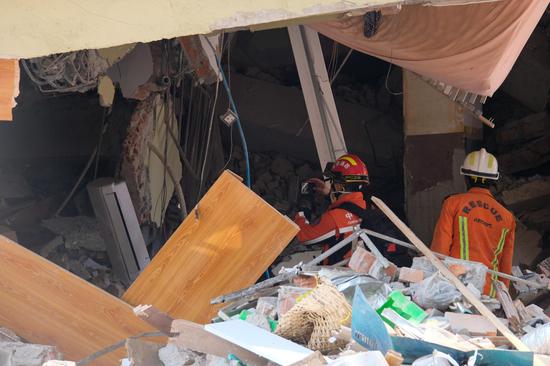


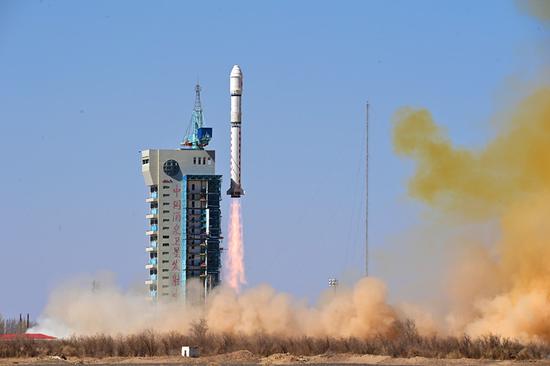

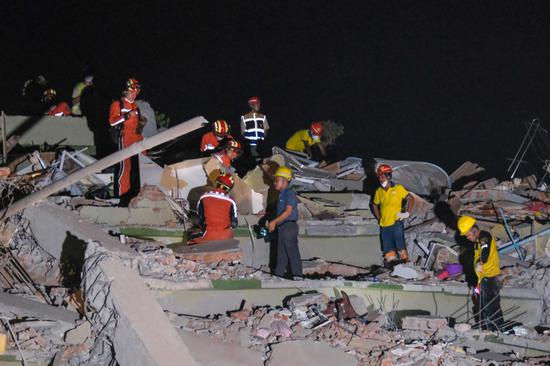

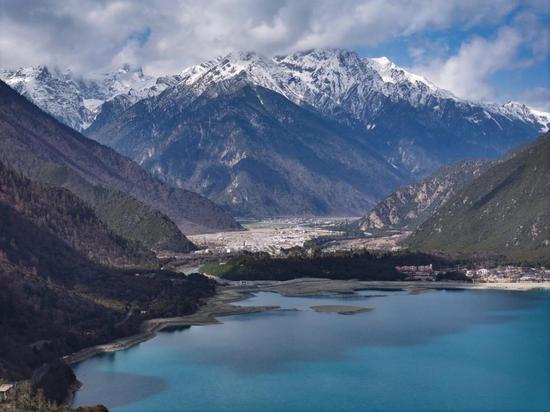
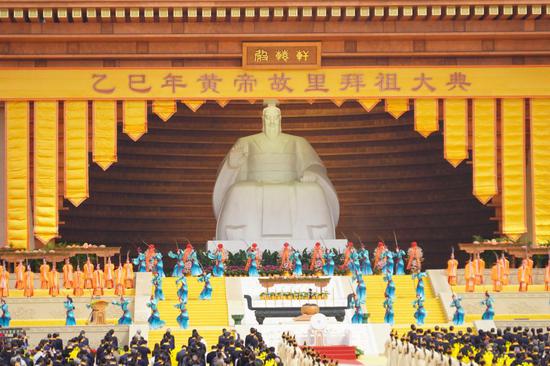





















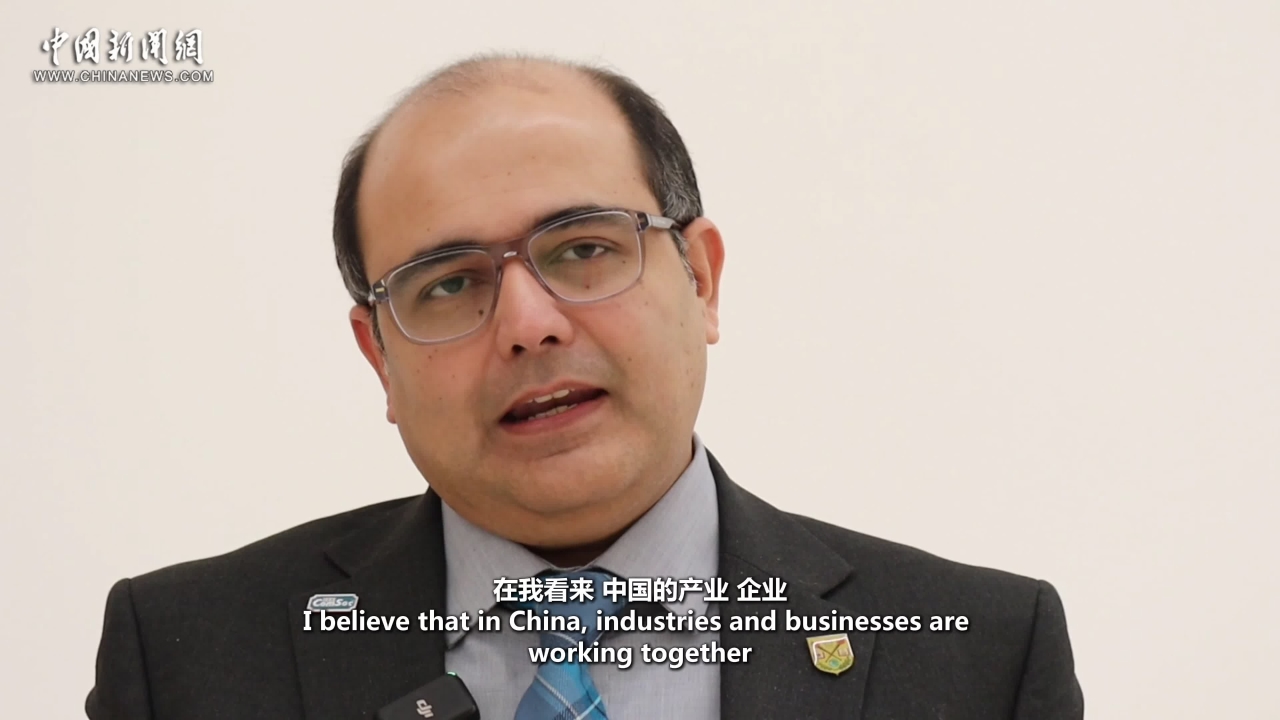



 京公網安備 11010202009201號
京公網安備 11010202009201號